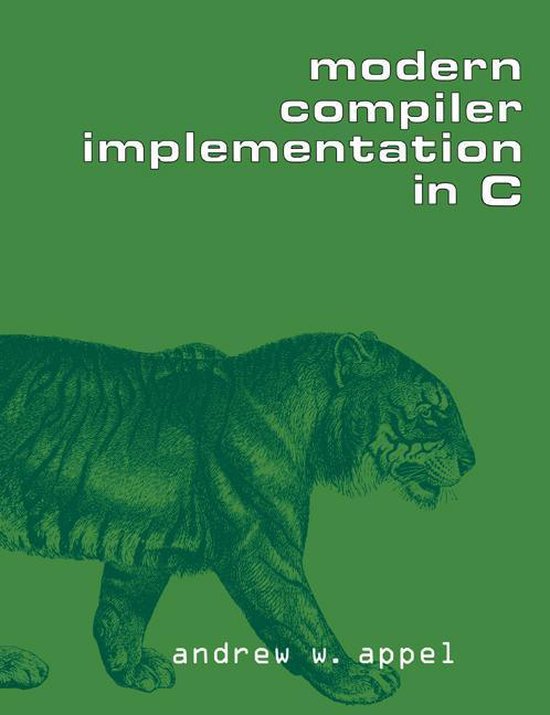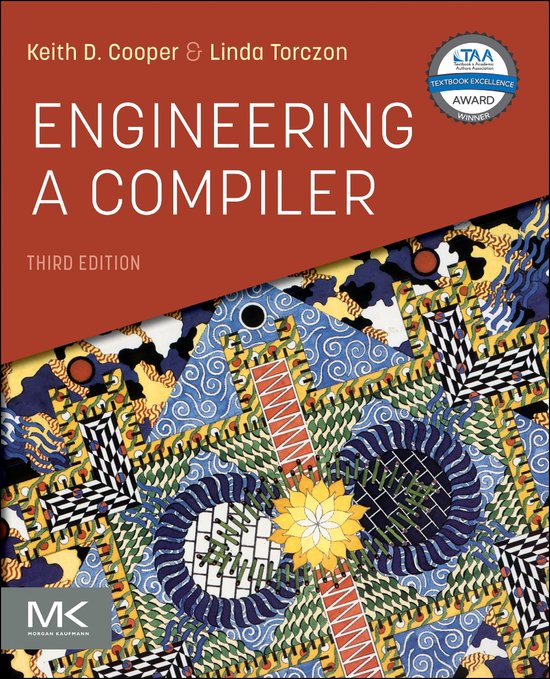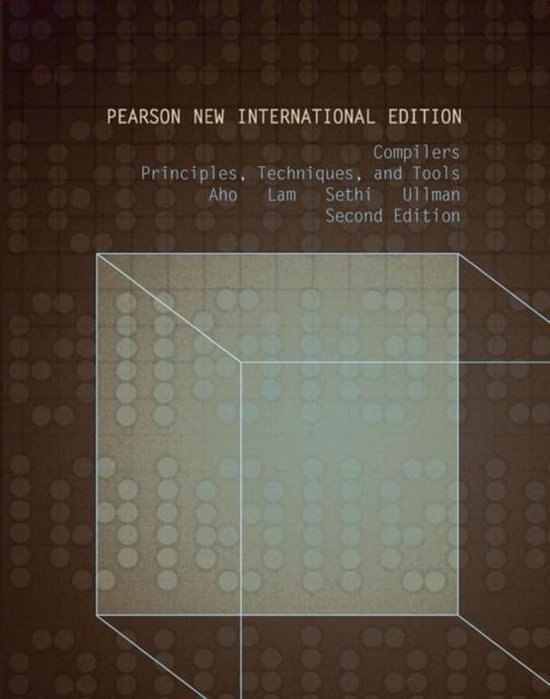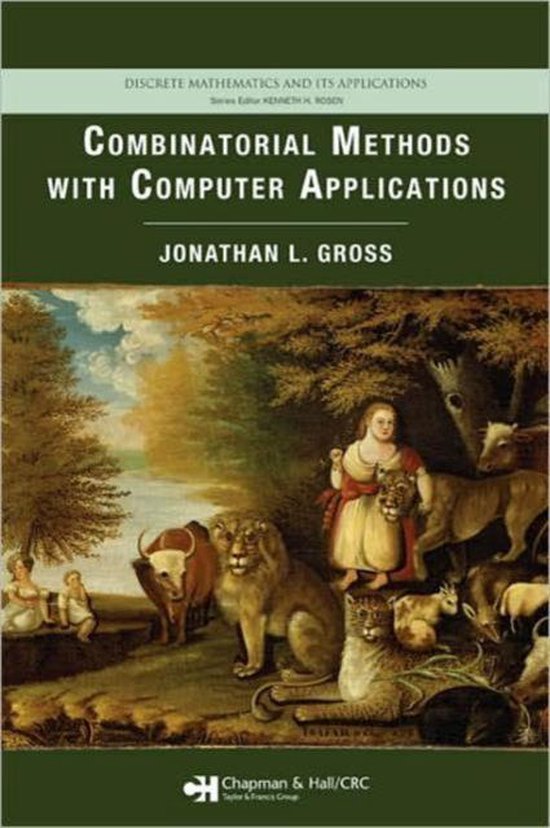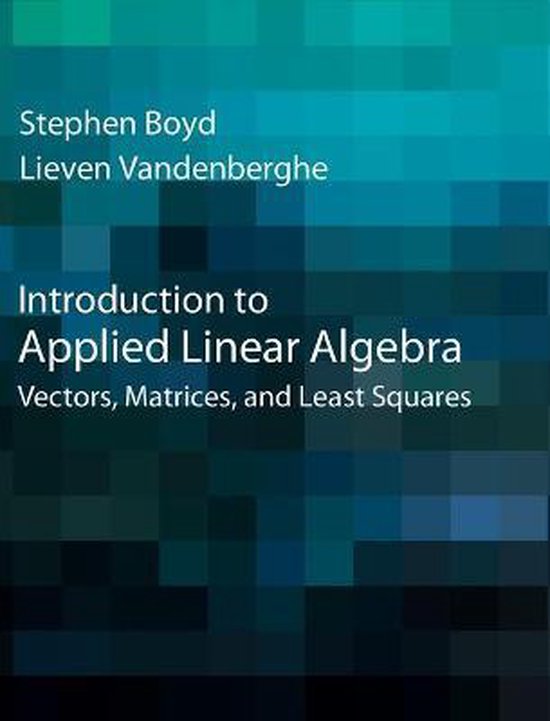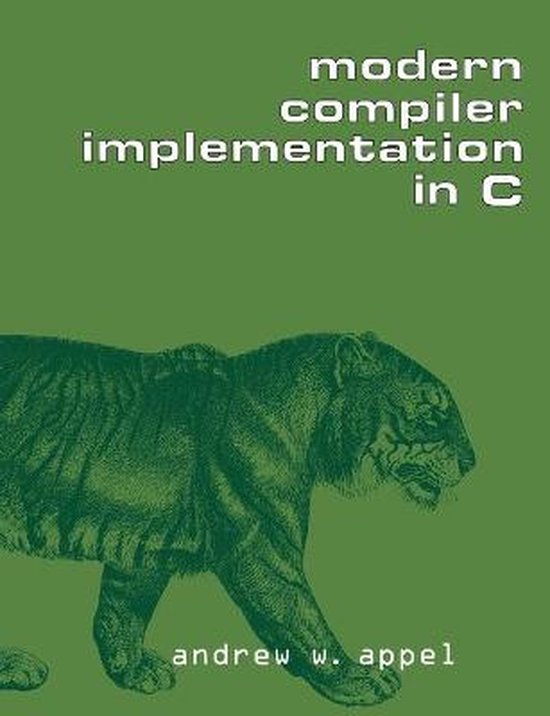
Modern Compiler Implementation In C
Describes all phases of a modern compiler, including techniques in code generation and register allocation for imperative, functional and object-oriented languages.
This new, expanded textbook describes all phases of a modern compiler: lexical analysis, parsing, abstract syntax, semantic actions, intermediate representations, instruction selection via tree matching, dataflow analysis, graph-coloring register allocation, and runtime systems. It includes good coverage of current techniques in code generation and register allocation, as well as functional and object-oriented languages, that are missing from most books. In addition, more advanced chapters are now included so that it can be used as the basis for a two-semester or graduate course. The most accepted and successful techniques are described in a concise way, rather than as an exhaustive catalog of every possible variant. Detailed descriptions of the interfaces between modules of a compiler are illustrated with actual C header files. The first part of the book, Fundamentals of Compilation, is suitable for a one-semester first course in compiler design. The second part, Advanced Topics, which includes the advanced chapters, covers the compilation of object-oriented and functional languages, garbage collection, loop optimizations, SSA form, loop scheduling, and optimization for cache-memory hierarchies.
This new, expanded textbook describes all phases of a modern compiler: lexical analysis, parsing, abstract syntax, semantic actions, intermediate representations, instruction selection via tree matching, dataflow analysis, graph-coloring register allocation, and runtime systems. It includes good coverage of current techniques in code generation and register allocation, as well as functional and object-oriented languages, that are missing from most books. In addition, more advanced chapters are now included so that it can be used as the basis for a two-semester or graduate course. The most accepted and successful techniques are described in a concise way, rather than as an exhaustive catalog of every possible variant. Detailed descriptions of the interfaces between modules of a compiler are illustrated with actual C header files. The first part of the book, Fundamentals of Compilation, is suitable for a one-semester first course in compiler design. The second part, Advanced Topics, which includes the advanced chapters, covers the compilation of object-oriented and functional languages, garbage collection, loop optimizations, SSA form, loop scheduling, and optimization for cache-memory hierarchies.
| Auteur | | Andrew W Appel |
| Taal | | Engels |
| Type | | Paperback |
| Categorie | | Computers & Informatica |
